We use cookies to make your experience better. To comply with the new e-Privacy directive, we need to ask for your consent to set the cookies.
Mastering Magento 2 Extension Development: Pro Tips for Crafting Custom Solutions

In the ever-evolving e-commerce landscape, Magento 2 stands as a powerhouse, providing a robust platform for online businesses. With its wide range of features and functionalities, Magento 2 can help businesses of all sizes create successful online stores. However, to fully harness the power of Magento 2, many businesses turn to Magento 2 extension development.
Magento 2 extensions are third-party modules that can be added to Magento 2 to add new features or functionality. There are a wide variety of Magento 2 extensions available, covering everything from payment processing to shipping integrations. By choosing the right extensions, businesses can add the functionality they need to create a more personalized and user-friendly online shopping experience for their customers.
However, Magento 2 extension development is not without its challenges. Creating a successful Magento 2 extension requires a deep understanding of the Magento 2 platform and the ability to code high-quality, secure code. In this blog, we will discuss the essential tips for Magento 2 extension development, guiding developers through the intricacies of creating bespoke solutions.
Understand The Magento 2 Extension Development & Having Customized Solution
Magento 2 Extension Development refers to the process of creating additional features, functionalities, or modifications to the Magento 2 e-commerce platform. Magento is an open-source e-commerce platform that provides a solid foundation for online businesses, but its true power lies in its extensibility. Extensions are modules or plugins that developers can create to enhance or customize the default capabilities of Magento 2. A custom solution in the context of Magento 2 Extension Development refers to a tailored or bespoke feature that is specifically crafted to meet the unique requirements of a particular business. Instead of relying solely on out-of-the-box functionalities, businesses often opt for custom solutions to address their specific needs, gaining a competitive edge in the crowded e-commerce landscape. Key Aspects of Magento 2 Extension Development and Custom Solutions Let us find out all the key aspects of Magento 2 extension development or customization. We have discussed all the points that every online store needs to know; when they get to have Magento 2 implementation for them. So, let’s explore the key aspects of Magento 2 extension development.
Enhancing Functionality:
Custom solutions allow businesses to add features or functionalities that may not be available in the standard Magento 2 installation. This could include specialized payment gateways, advanced search options, or unique product configurations.
Tailoring User Experience:
Custom solutions enable businesses to create a more personalized and seamless user experience. This may involve optimizing the checkout process, designing a custom user interface, or implementing specific workflows to align with the business's requirements.
Integration with Third-Party Services:
Many businesses use external services for various purposes, such as shipping, analytics, or marketing. Magento 2 custom solutions can facilitate the integration of these third-party services, ensuring a cohesive and efficient operation.
Performance Optimization:
Custom solutions can be designed to optimize the performance of an online store. This includes database query optimization, caching strategies, and other techniques to enhance the speed and responsiveness of the Magento 2 platform.
Scalability:
As businesses grow, their requirements may change. Custom solutions are designed with scalability, allowing the online store to expand its capabilities and handle increased traffic, products, or transactions.
Security:
Security is a critical concern for e-commerce platforms. Custom solutions can include additional security measures to protect sensitive customer information, prevent fraud, and ensure compliance with industry standards.
Unique Business Processes:
Every business has its unique processes. Custom solutions in Magento 2 can be tailored to align with these specific workflows, ensuring that the e-commerce platform seamlessly integrates into the broader operations of the business.
Magento 2 Extension Development involves creating modular add-ons to enhance the functionality of the Magento 2 platform. Custom solutions, within this context, refer to tailor-made features or modifications designed to address the specific needs and requirements of a business, providing a more flexible and personalized e-commerce experience.
How to Embark on Magento 2 Extension Development Through Planning and Research?
Before diving into code, it’s crucial to embark on a comprehensive planning and research phase. Understand the specific requirements of the project, identify the target audience, and conduct a thorough analysis of existing extensions. This groundwork sets the stage for a streamlined development process and ensures that the resulting extension aligns perfectly with business goals.
Follow Magento Coding Standards
Adhering to Magento's coding standards is non-negotiable. Magento has a set of best practices and guidelines to maintain consistency across extensions. Following these standards not only ensures a clean and readable codebase but also simplifies collaboration with other developers and facilitates future updates and maintenance.
Modular Architecture
Magento 2 thrives on a modular architecture, and your custom extension should seamlessly integrate into this ecosystem. Break down functionalities into smaller, independent modules for easier maintenance and scalability. This modular approach allows developers to focus on specific features, making it easier to test, debug, and enhance the extension.
Utilize Dependency Injection
Magento 2 heavily relies on dependency injection, a design pattern that enhances code flexibility and maintainability. By injecting dependencies rather than hard-coding them, your extension becomes more adaptable to changes and ensures compatibility with other modules. This practice is fundamental for creating extensions that can evolve with the ever-changing e-commerce landscape.
Optimize Database Queries
Efficient database operations are paramount for the performance of your Magento 2 extension. Optimize database queries to minimize the impact on the overall system performance. Leverage Magento's built-in mechanisms for database operations and caching to ensure your extension does not become a bottleneck for the entire online store.
UI/UX Considerations
A successful extension not only delivers powerful functionalities but also ensures a seamless and intuitive user experience. Pay close attention to the user interface (UI) and user experience (UX) aspects of your extension. Consistency with Magento's native UI patterns, responsiveness, and accessibility are key factors that contribute to positive user interaction.
Testing is Key
Rigorous testing is a linchpin in Magento 2 extension development. Perform unit testing, integration testing, and system testing to identify and rectify issues at various levels of development. Magento provides testing frameworks that streamline this process, ensuring the reliability and stability of your custom solution.
Stay Updated with Magento Releases
Magento continually evolves with regular updates and releases. Stay abreast of the latest Magento versions and incorporate new features and improvements into your extension. Regular updates enhance your extension's functionality and guarantee compatibility with the latest Magento releases.
Should Documentation For Magento 2 Extension Development Be Optional?
Comprehensive documentation is often an overlooked aspect of extension development. However, it plays a pivotal role in the long-term success of your extension. Documenting the code, installation procedures, configuration options, and any potential issues ensures that other developers (or even future versions of yourself) can seamlessly understand, use, and extend the functionality of the extension.
Get to Have Community Engagement
Magento has a thriving community of developers, and active engagement can be immensely beneficial. Share your experiences, seek advice, and contribute to the community. This collaborative approach not only enriches your knowledge but also opens doors to valuable insights and potential improvements for your Magento 2 extension.
So, these are the important factors every online store needs to focus on. When getting to focus on all these factors will help businesses get to have the top things they need for them. And one of the most important things is to make a comprehensive approach to your business customers.
Wrapping up
Magento 2 extension development is a complex and multifaceted process that requires a deep understanding of both Magento's codebase and the e-commerce landscape. Developers who are successful in this field can combine their technical skills with a keen eye for business needs to create custom extensions that add real value to their client's stores.
One of the most important things to keep in mind when developing a Magento 2 extension is to adhere to best practices. This means following the guidelines set forth by the Magento community, which are designed to ensure that extensions are well-written, secure, and user-friendly. By adhering to best practices, developers can increase the chances that their extensions will be well-received by the Magento community and that they will be able to avoid potential security and performance issues.
Another key consideration for Magento 2 extension developers is modularity. Modular extensions are easier to maintain and update than monolithic extensions, and they also make it easier for merchants to add and remove features from their stores. When developing an extension, it is important to break it down into smaller, more manageable modules that can be easily integrated with the rest of the store.
Finally, Magento 2 extension developers should stay attuned to the needs of the Magento community. This means keeping up with the latest trends in e-commerce, as well as listening to feedback from merchants and customers. By understanding the needs of the Magento community, developers can create truly valuable extensions that will help merchants to improve their online businesses.
By following these tips, Magento 2 extension developers can increase their chances of success in this competitive field. By adhering to best practices, maintaining a modular architecture, and staying attuned to the needs of the Magento community, developers can create custom solutions that elevate online businesses to new heights.







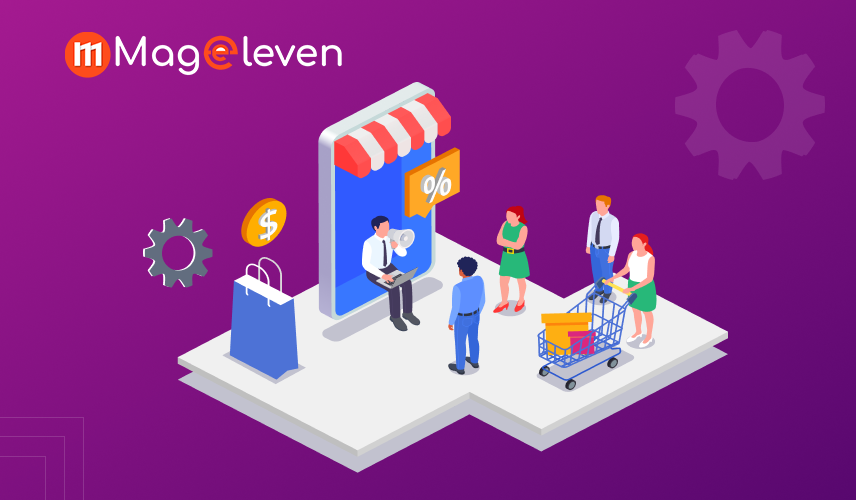
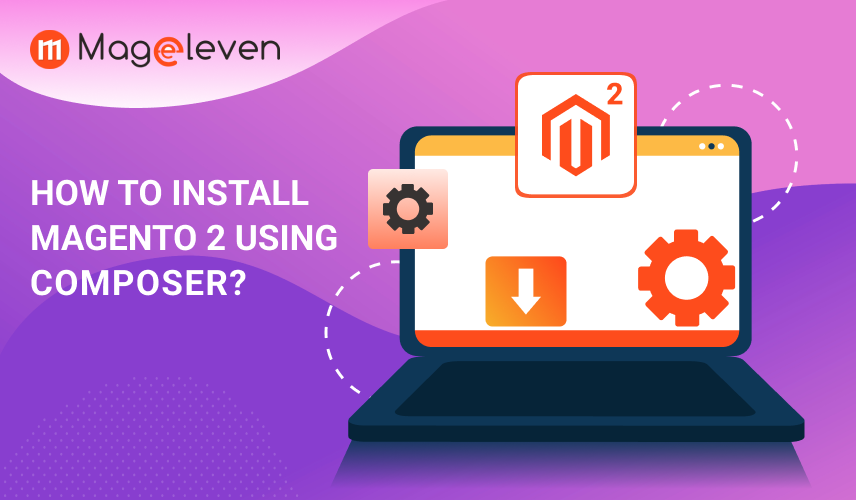
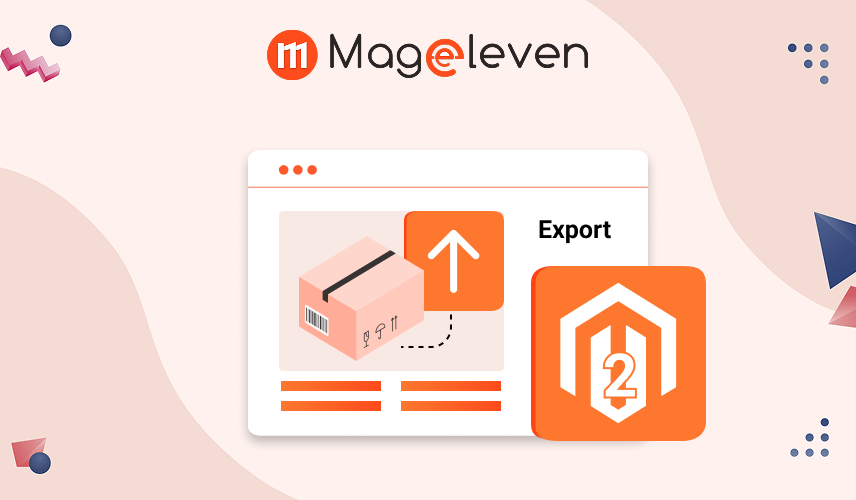
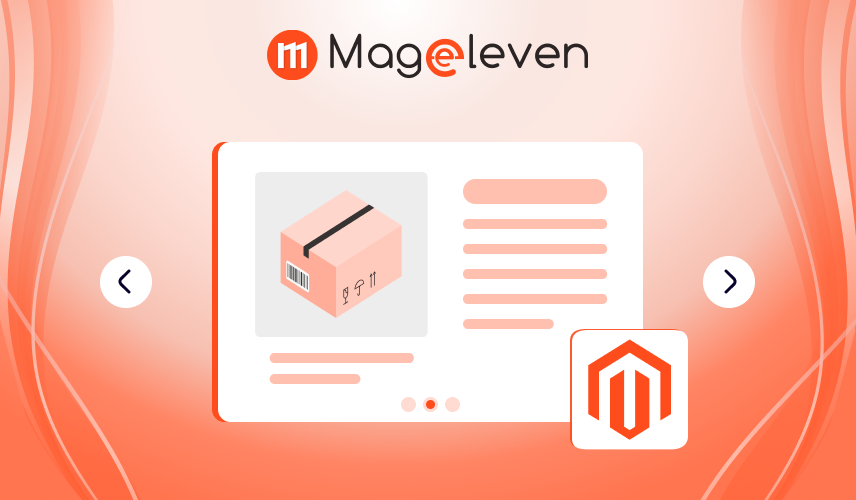

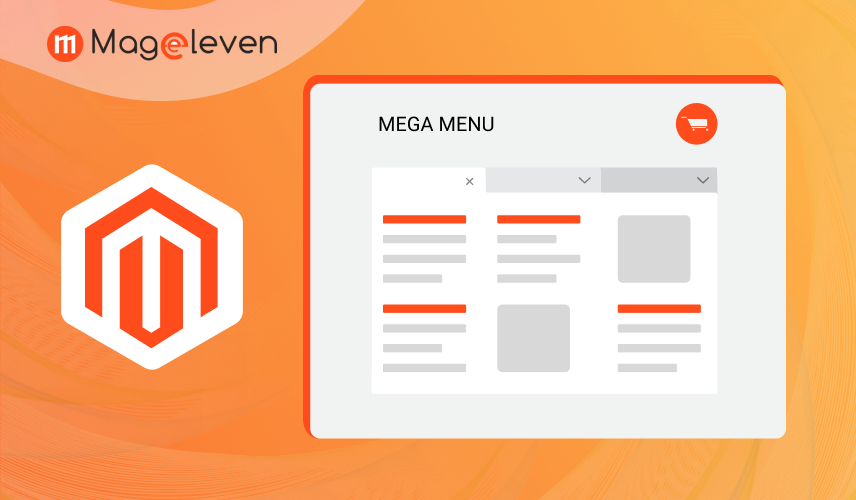
Validate your login